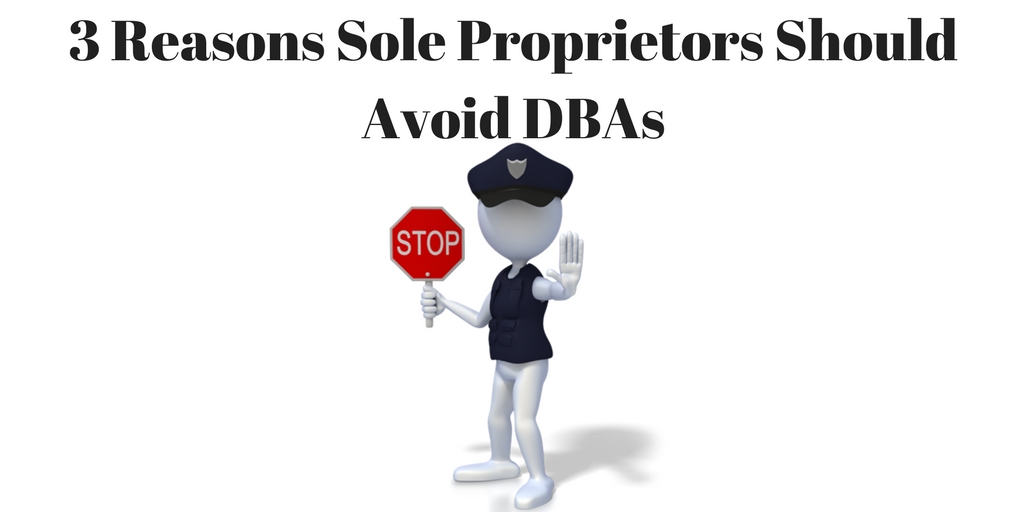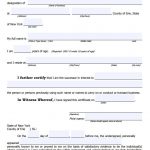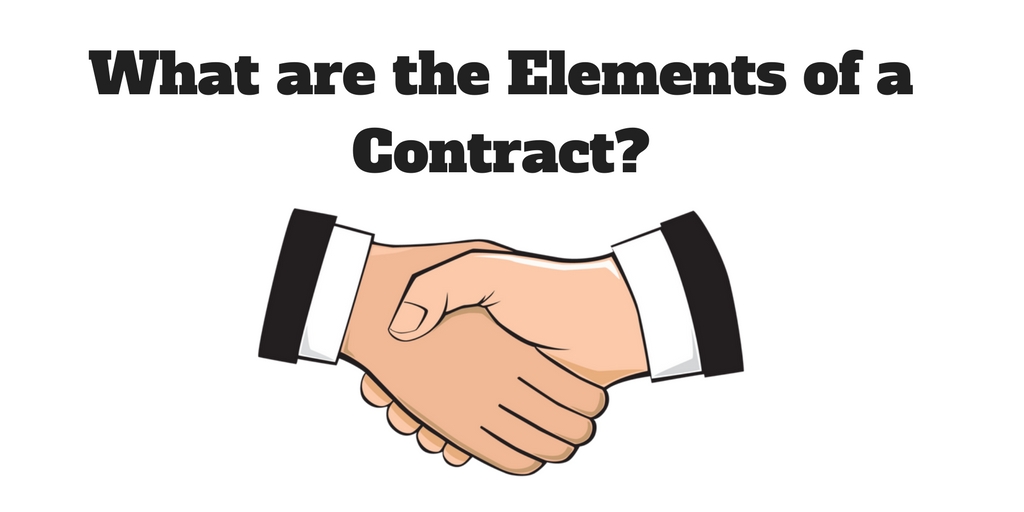With the arrival of the new year come new year’s resolutions.
Is this the year to satisfy that entrepreneurial desire to run your own business? But what if you don’t feel like starting from scratch?
Purchasing an existing business can present less risk and provide more immediate returns than purchasing a start-up. And, now that tax reform has been signed into law, pass-through entities such as limited liability companies will receive more-favorable tax treatment and could make for especially attractive acquisition targets.
Here are five steps a prospective purchaser of an LLC should consider before beginning the process.
1. Identify a suitable LLC for purchase
Things to consider are how will the acquisition be financed, who will operate the LLC after the purchase, how will such an acquisition affect your personal finances, and what is the long-term viability of the company after the purchase?
After you have identified such an LLC, you will need to make contact with the owner(s) and determine whether they are interested in selling. If they are receptive, it is time to turn your attention to the details.
2. Establish the framework of the deal
Are you going to be buying the entire LLC or just a portion of equity (known as “units” instead of “stock”)? The parties, either directly or through their attorneys, will come to an understanding of the key terms of the deal and reduce those terms to writing.
This document is called a “term sheet” or “memorandum of understanding,” and the parties’ attorneys will use it to draft the purchase agreement. Items that are commonly found within a term sheet include:
- The purchase price
- The structure of the deal: buying only the assets of the LLC vs. buying a portion of equity
- The length and extent of the due-diligence period
- The timing and method of payment for the purchase price: cash at closing vs. debt financing vs. a mix of cash and debt
- The closing date
- Voting rights post-closing
- Additional miscellaneous contractual provisions, such as a non-compete agreement for the seller
- Confidentiality, such that all disclosures made between the parties remain confidential regardless of whether the deal is consummated
To read the full article, originally published in The Business Journal, please click here.



